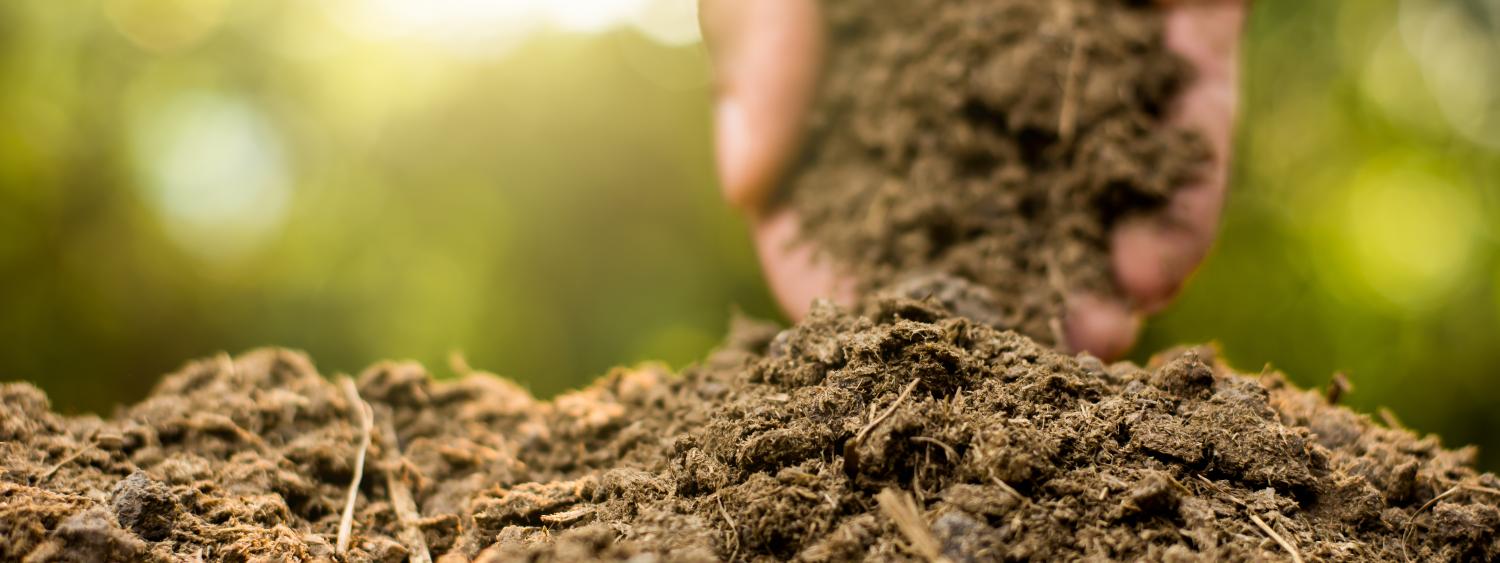Plastic Fertilizer: Toward Sustainable Waste-Stream Plastics with Low Carbon Content and Cost

Plastics are indispensable because they provide unique properties such as durability, lightweight strength, and versatility that are essential for applications in healthcare, transportation, construction, electronics, and food preservation. Since we cannot halt plastic use, we must find ways to handle plastic responsibly. Better recycling may help mitigate emissions and depletion of non-renewable resources, but not the growing ecological and health threats of microplastics and accumulation in the environment. Biodegradable and compostable plastics can mitigate macro and microplastic accumulation, but not greenhouse gas emissions since their decomposition still ultimately releases carbon dioxide and methane. Therefore, we must replace the ubiquitous “forever plastics” with sustainable plastics that degrade fast and harmlessly in the wild and minimize emissions by combining high recyclability with low carbon content.
Despite widespread awareness of the crisis, displacing conventional plastics with sustainable alternatives has been alarmingly slow because it is extremely challenging to produce recyclable, biodegradable plastics that compete with conventional petroleum-based plastics in both performance and cost. Cost-competitive bioplastics lack the robust properties (durability, flexibility, strength) of oil-based plastics, while property-competitive bioplastics are too difficult to mass produce due to high costs of raw materials (often plant-based sources that compete with food production, raising ethical concerns about land & resource use) and less mature production processes. We propose an innovative solution to this trade-off that combines low-cost waste streams into sulfur and phosphorus-rich recyclable low-carbon plastics with robust properties afforded by the presence of nanostructures that enhance strength & flexibility.
Associated Researchers
An error has occured - please check your filters and try again
An error has occured with the API - please try again later
Additional Researcher
Merritt R. Turetsky, Director of Arctic Security; Professor, Ecology


